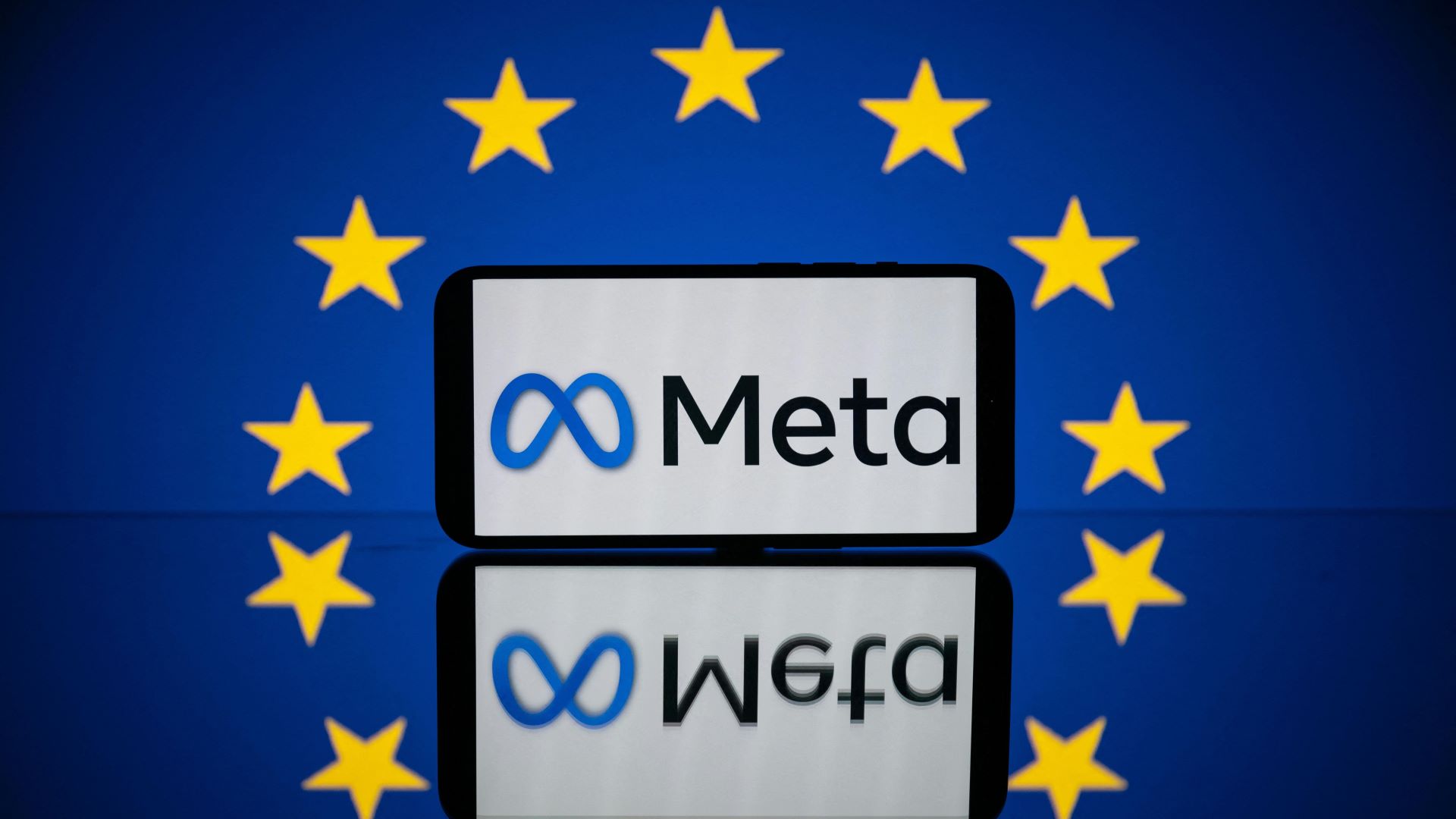
Less than a month after its launch, Meta's ad-free subscription for European users is facing its first privacy troubles in the EU.
Austria-based digital rights group Noyb (stylized as noyb) filed a complaint to the country's data protection authority on November 28, 2023, warning that such a model will make privacy an exclusive right "for the rich."
The organization is now urging the Austrian privacy protection body to initiate the procedure to halt what it deemed as an "illegal processing."
Pricey ad-free plans for Facebook and Instagram
Officially launched at the start of November, Facebook and Instagram users in the EU, EEA, and Switzerland can now opt out of all advertisements across the two platforms by paying a subscription fee—and it's not cheap.
Users must be at least 18 years old to sign-up. They can choose between the cheaper desktop plan for a monthly fee of €9.99, or its smartphone counterpart of €12.99 a month. Until March 1, 2024, the fee will cover all linked profiles in a user’s Accounts Center. After that, a €6 supplement on desktop and €8 on iOS/Android will be applied. Let's face it, that's not something that everyone who cares about their privacy can really afford.
In its official announcement, Meta describes the new subscription model as a way to balance "the requirements of European regulators while giving users choice and allowing Meta to continue serving all people in the EU, EEA and Switzerland." However, according to noyb, data privacy should be a right accessible to anyone—no matter their bank account.
Being tracked for personalized advertising by Meta– or pay up to €251.88 a year to retain the fundamental right to data protection - noyb files new GDPR complaint against Meta over “Pay or Okay” https://t.co/0prQpd5J0BNovember 28, 2023
Max Schrems, Chairman at noyb, said: "Fundamental rights are usually available to everyone. How many people would still exercise their right to vote if they had to pay € 250 to do so? There were times when fundamental rights were reserved for the rich. It seems Meta wants to take us back for more than a hundred years."
Attempt to circumvent privacy laws?
The high price of Meta's ad-free plans isn't the only thing troubling the digital rights group. Advocates also feel that Meta is, once again, trying to bypass its obligations of protecting users' data ruled out by EU laws.
"EU law requires that consent is the genuine free will of the user," explained Felix Mikolasch, data protection lawyer at noyb. "Contrary to this law, Meta charges a 'privacy fee' of up to €250 per year if anyone dares to exercise their fundamental right to data protection."
Mikolasch especially refers to GDPR rules, for which all online services must allow any user to opt-out from online tracking and personalized advertising—without the need to pay for this. The Union also introduced fresh new obligations for big tech companies recently. Under the Digital Services Act (DSA), the likes of Meta, TikTok, Twitter, Google and Microsoft are forbidden from carrying on certain manipulative advertising practices, among other rules.
Things get even more sinister when you consider that the social media giant isn't averse to getting into trouble with EU authorities for misusing users data. In January, Meta was fined €390 million for its ad and data handling practices—a legal procedure initiated precisely by a 2018 noyb's complaint. Then, a record $1.3 billion fine hit the company in May for unlawfully transferring EU users data to the US.
It's under this climate that privacy advocates at noyb see Meta's ad-free subscription model as yet another attempt to circumvent EU privacy laws.

If all this wasn't already enough, noyb also fears that Meta's decision could set a dangerous precedent that may cause a domino effect within the industry. The privacy-infamous TikTok already confirmed to be testing ad-free subscription outside the US, in fact—TechCrunch reported.
Considering that, according to Google, an average person has around 35 apps installed on their phone, online privacy could soon become a very expensive commodity that only a tiny fraction of the population would be able to afford.
"More than 20% of the EU population are already at risk of poverty. For the complainant in our case, as for many others, a ‘Pay or Okay’ system would mean paying the rent or having privacy," said Schrems.
All this means that most people will then have to renounce their right to privacy, despite a 2019 survey suggesting that only 3 to 10% of users actually agree with their personal data to be used for targeted advertising. This so-called 'Pay or Okay' system heavily clashes with the "freely given" privacy right promoted by the GDPR and many other data protection laws.
Scherms said: "When 3% of people actually want to swim, but 99.9% end up in the water, every child knows that it wasn’t a 'free' choice. It’s neither smart nor legal—it’s just pitiful how Meta continues to ignore EU law."







